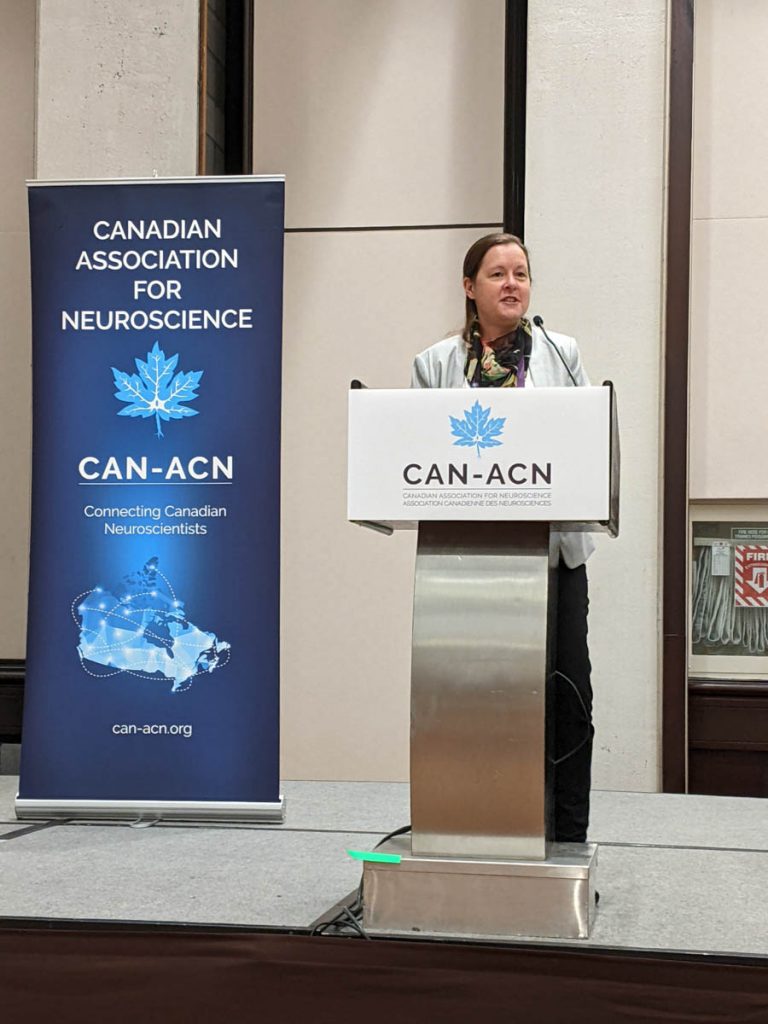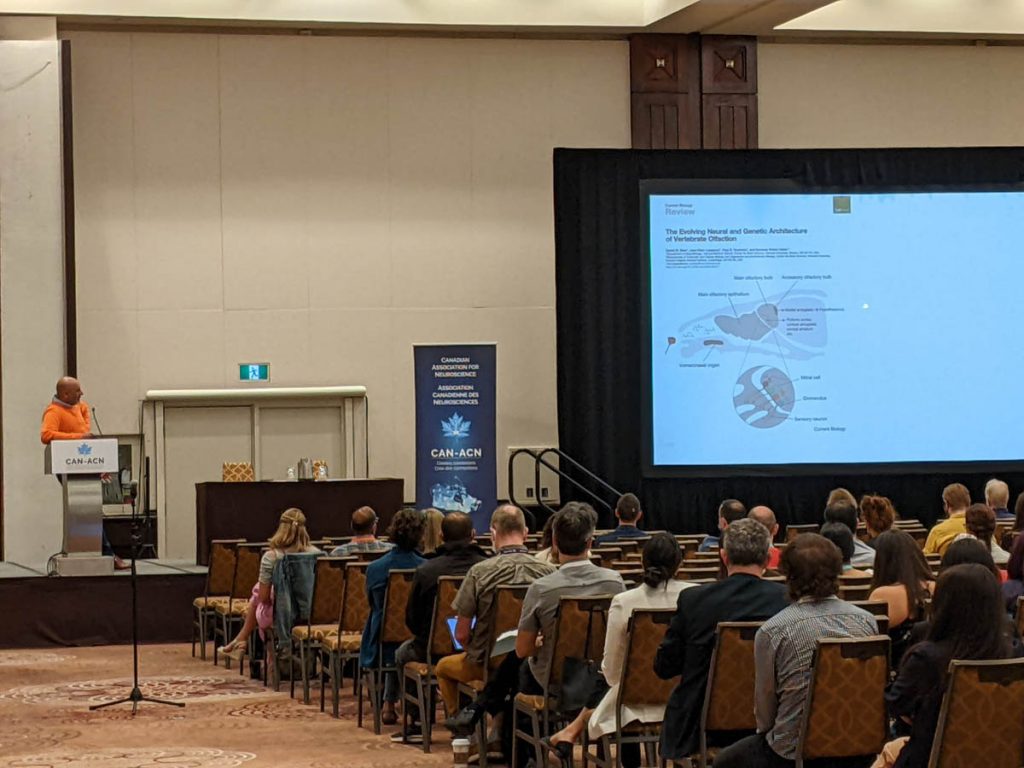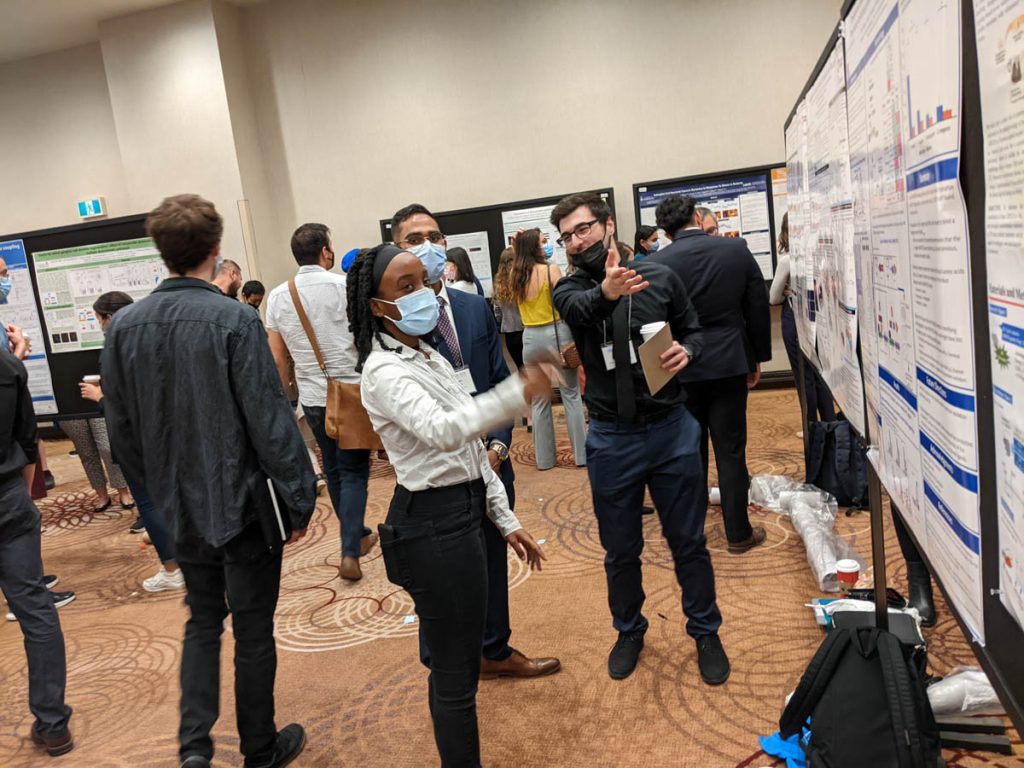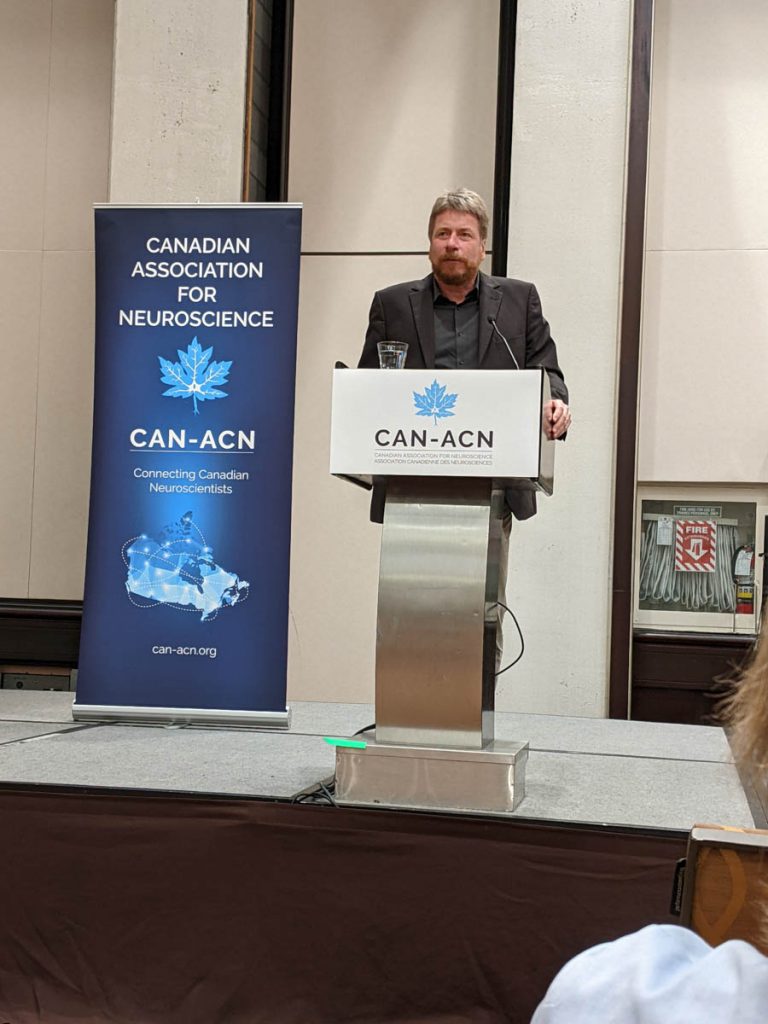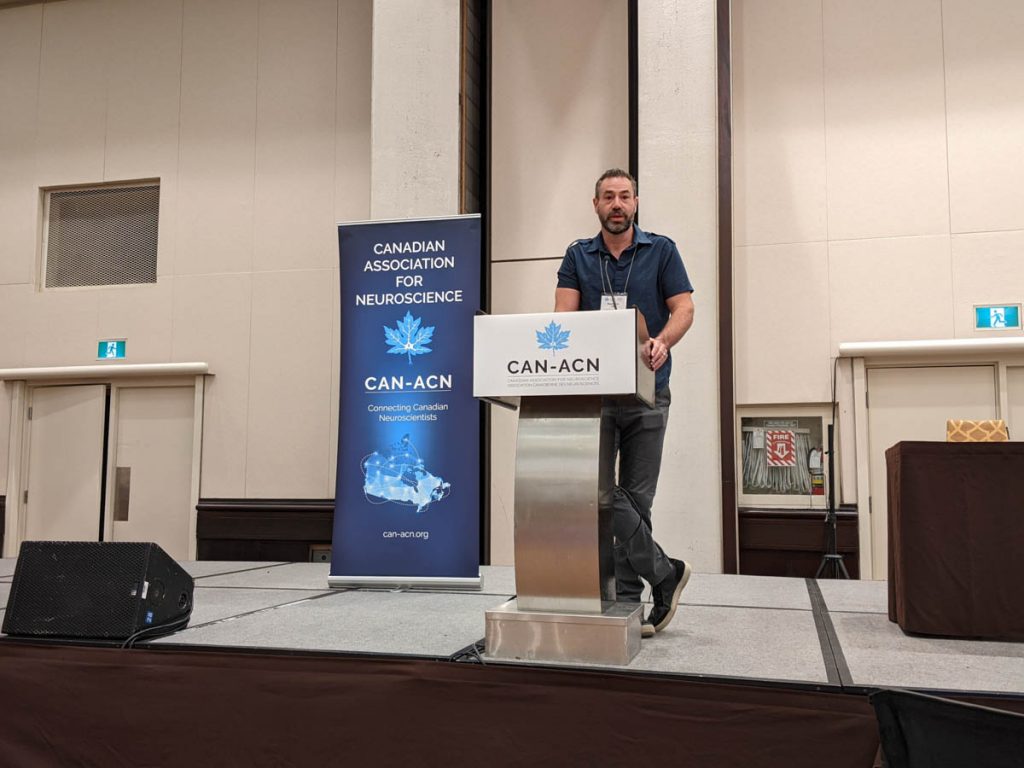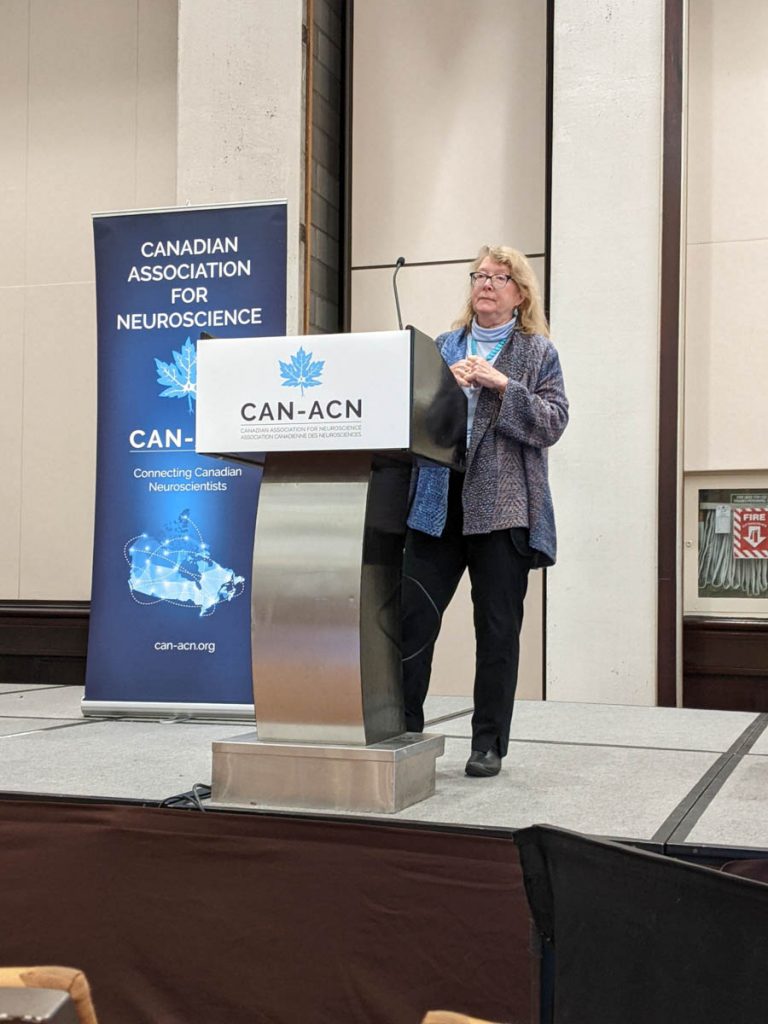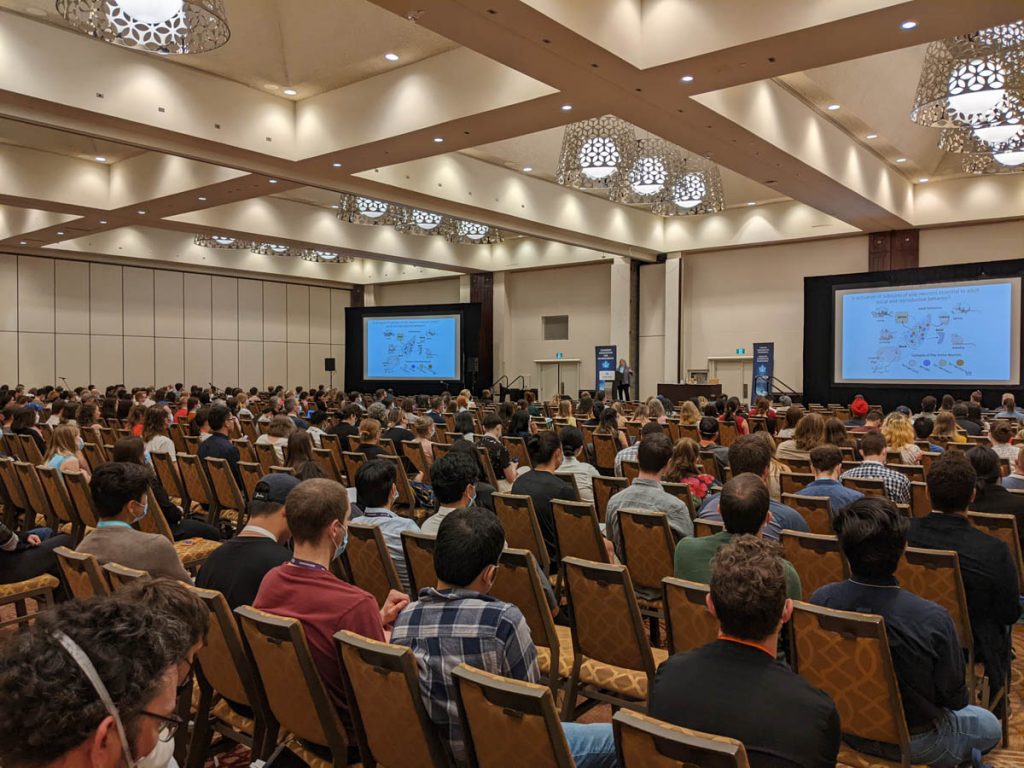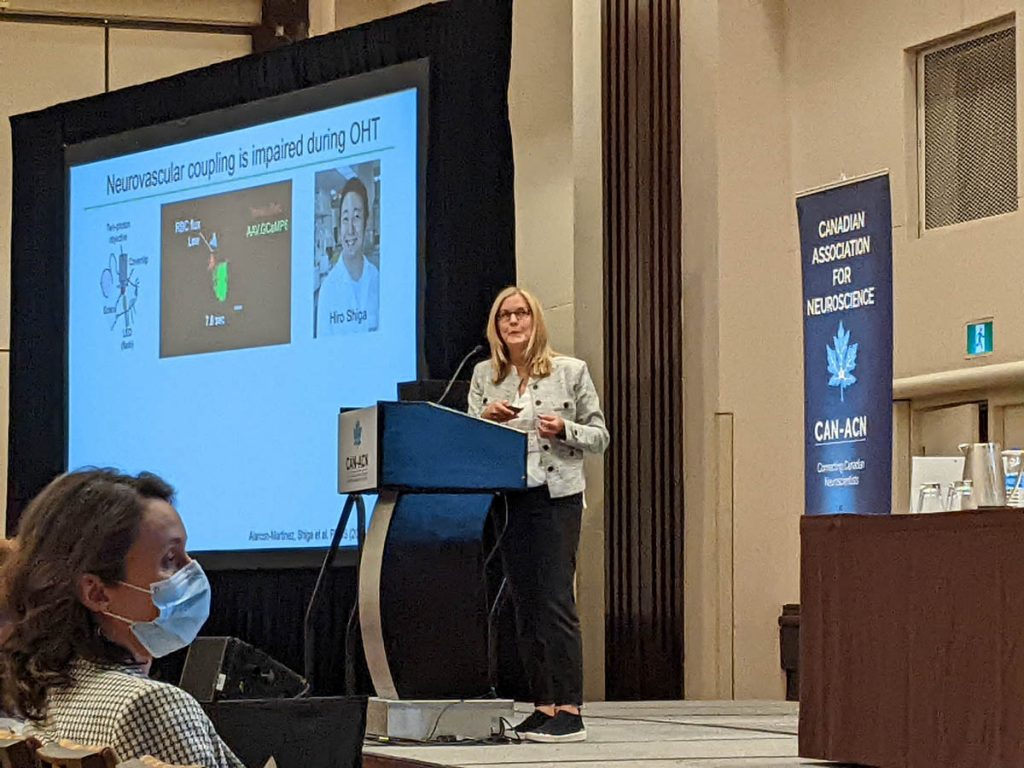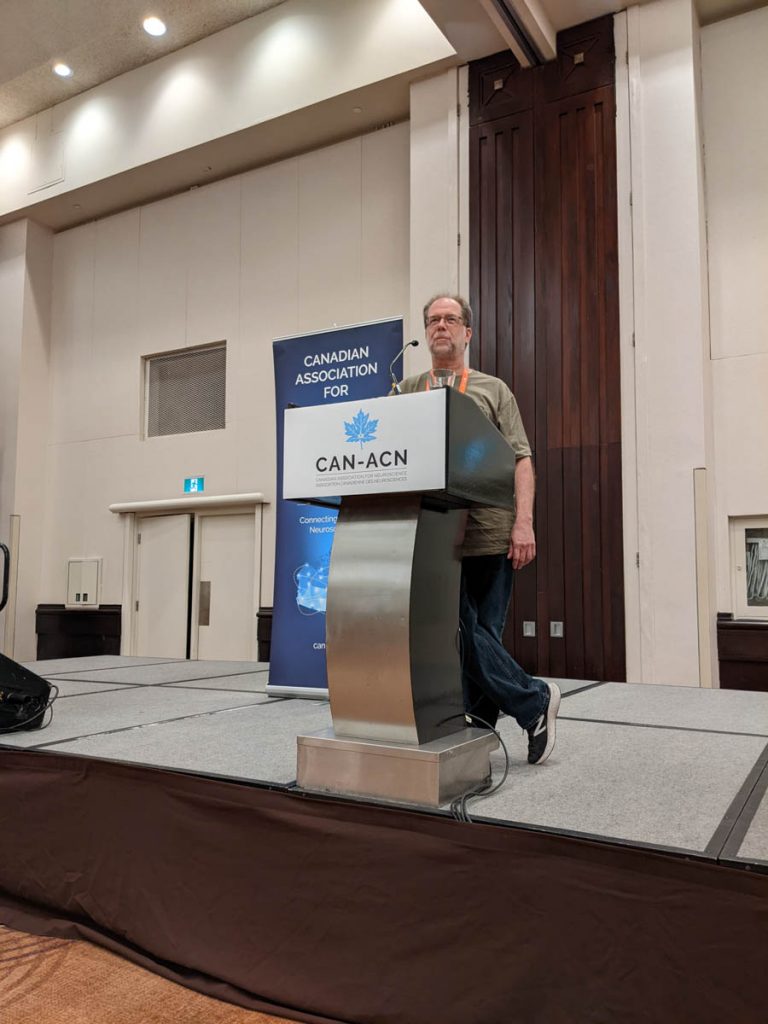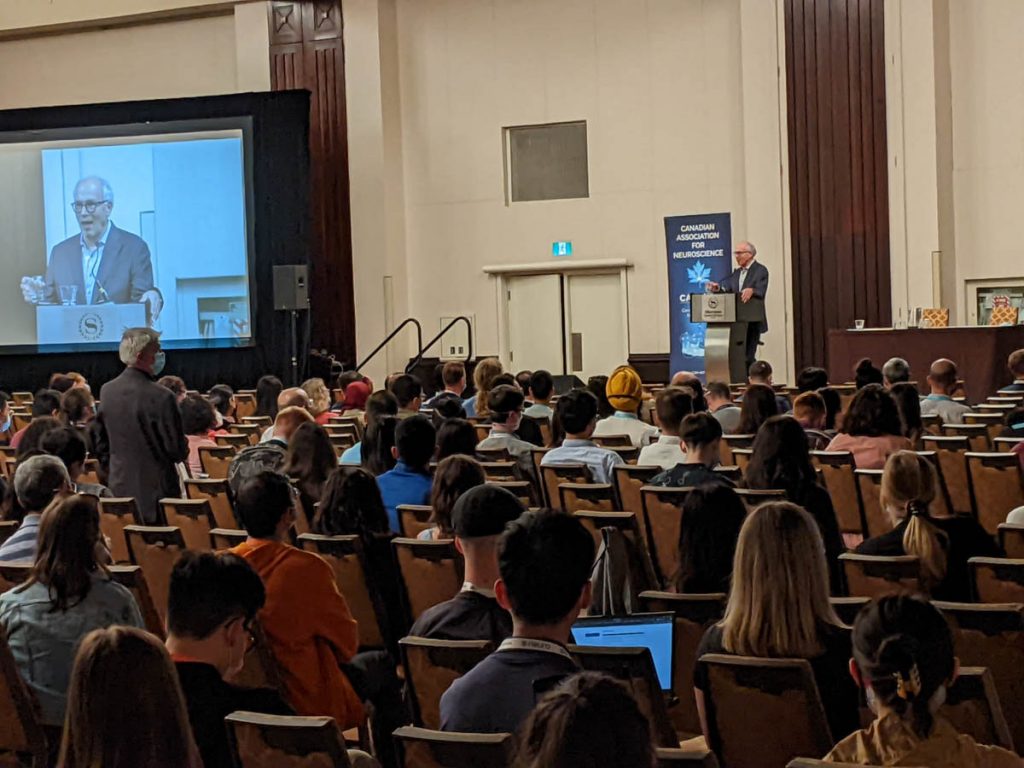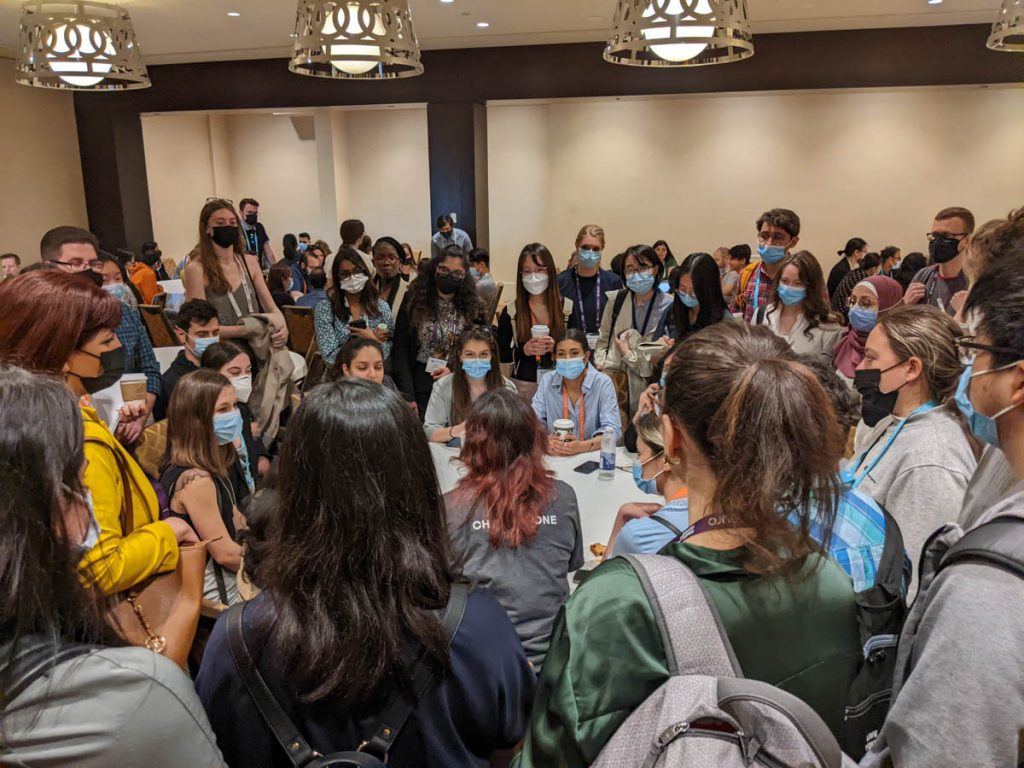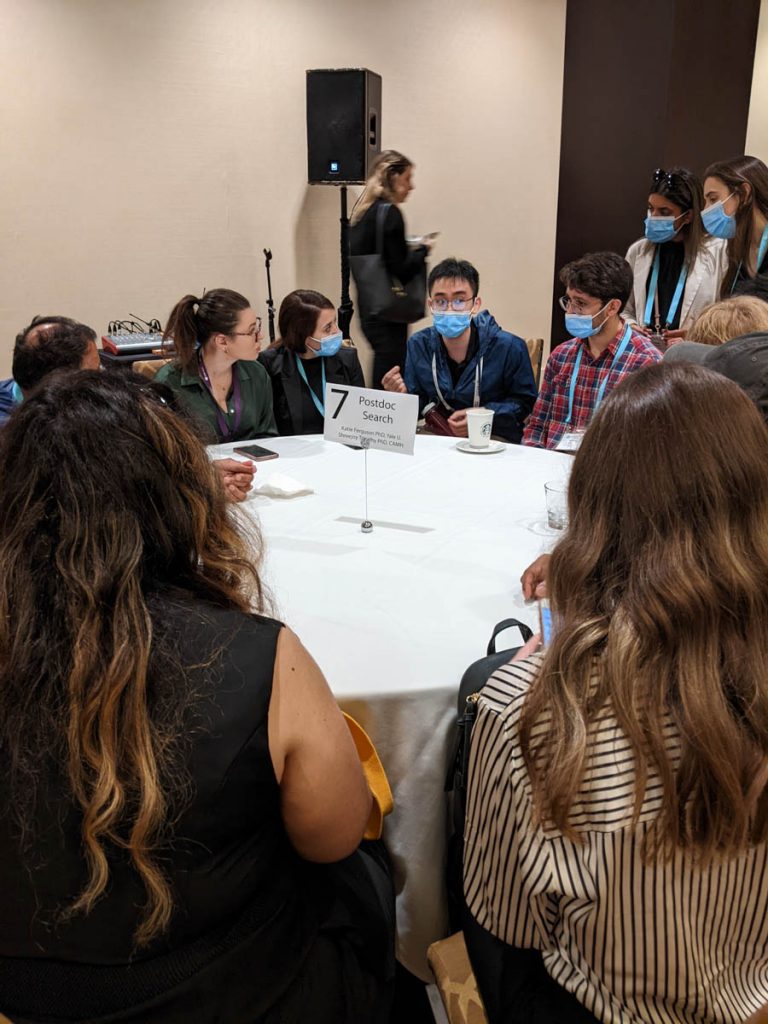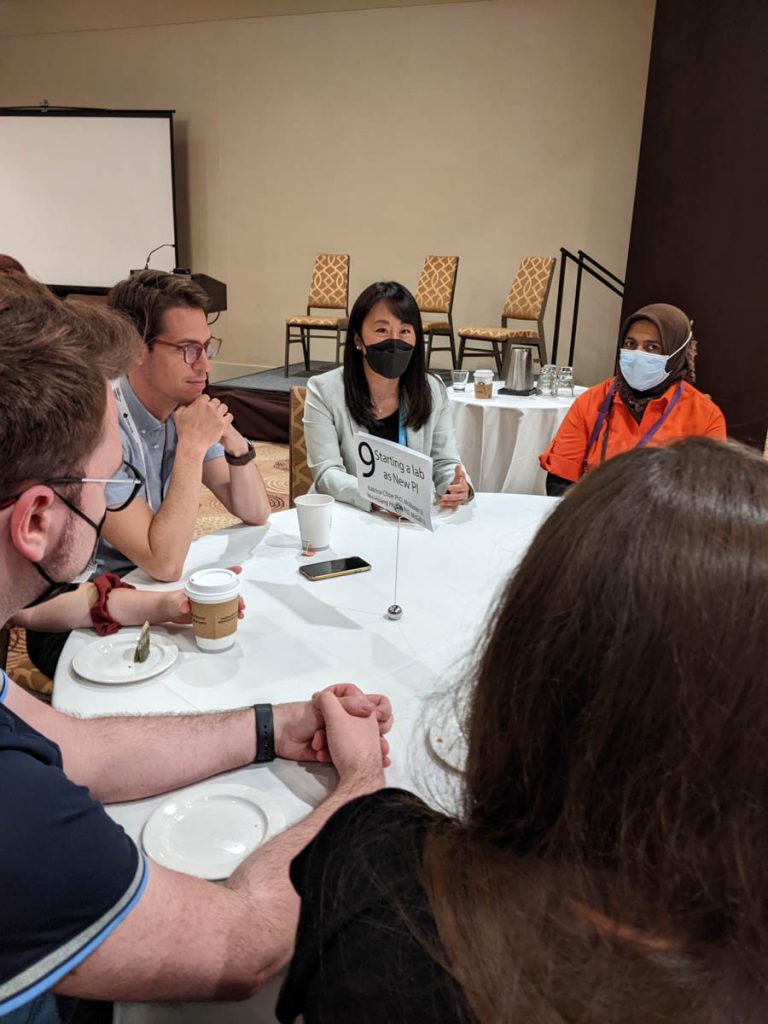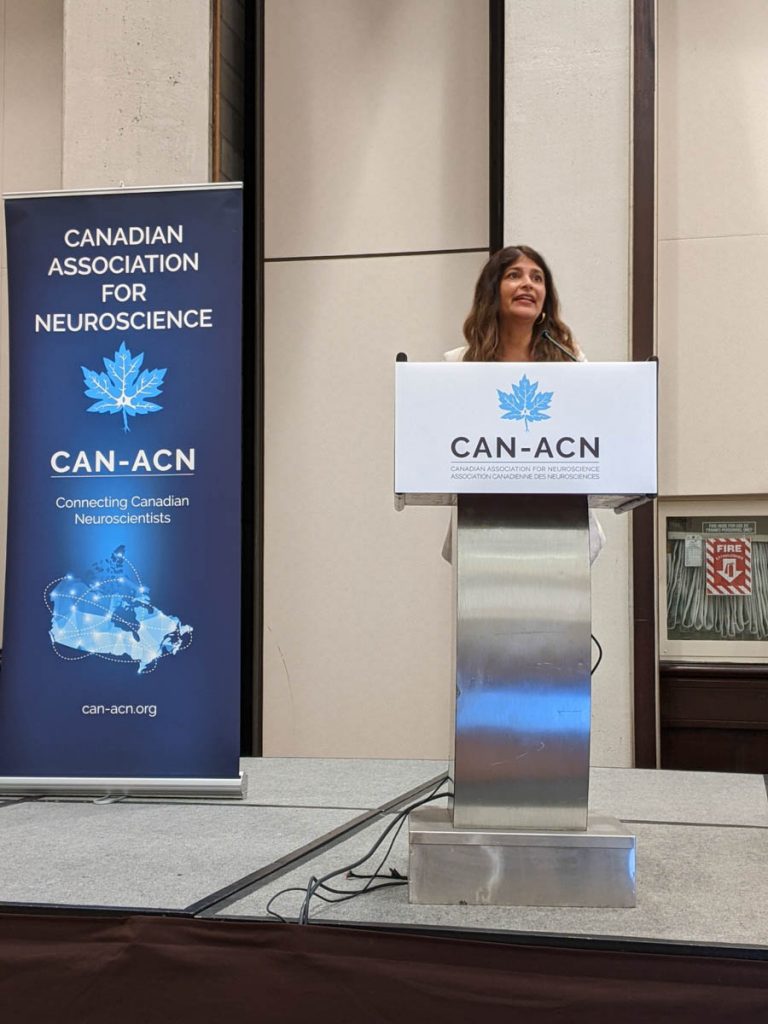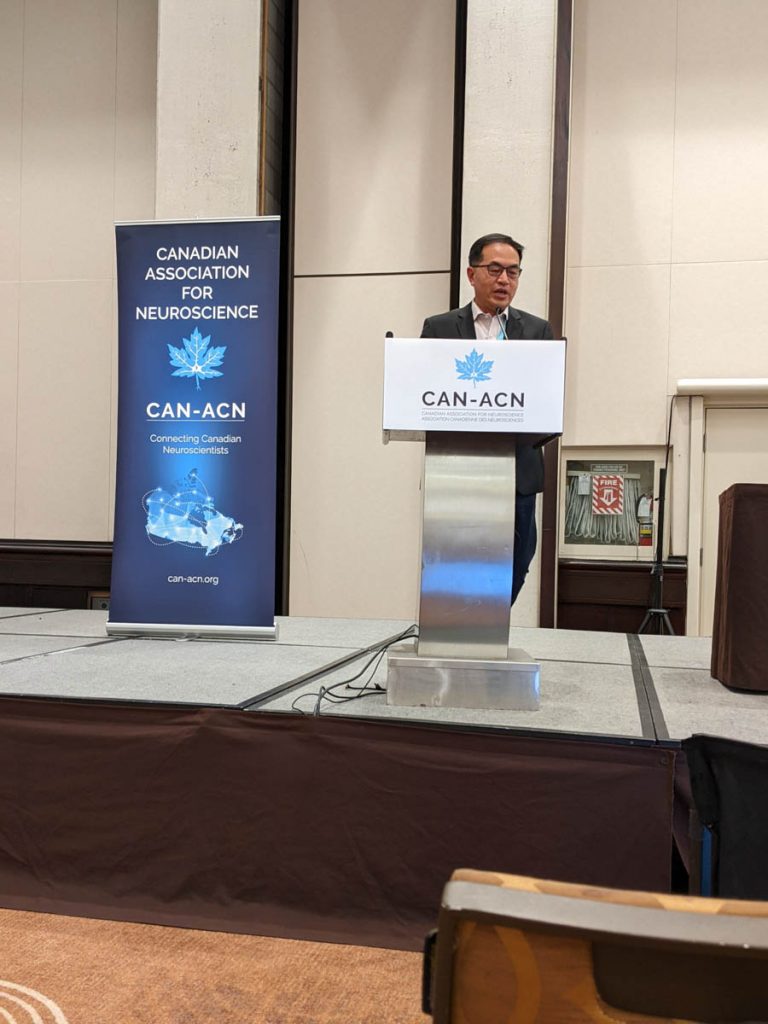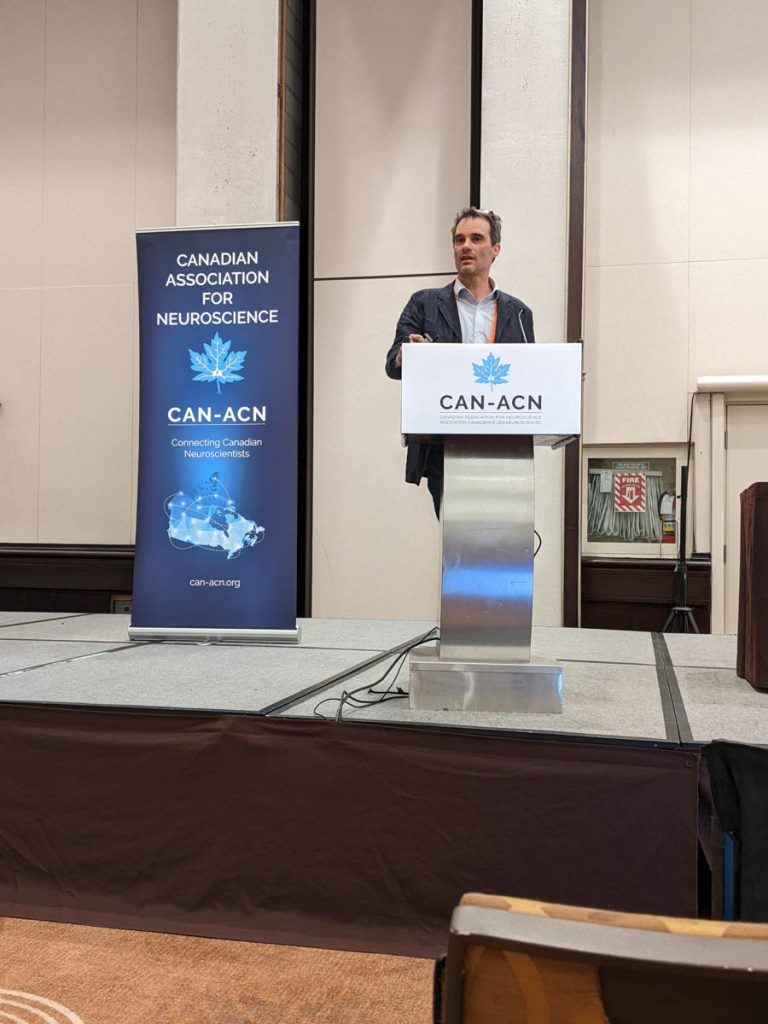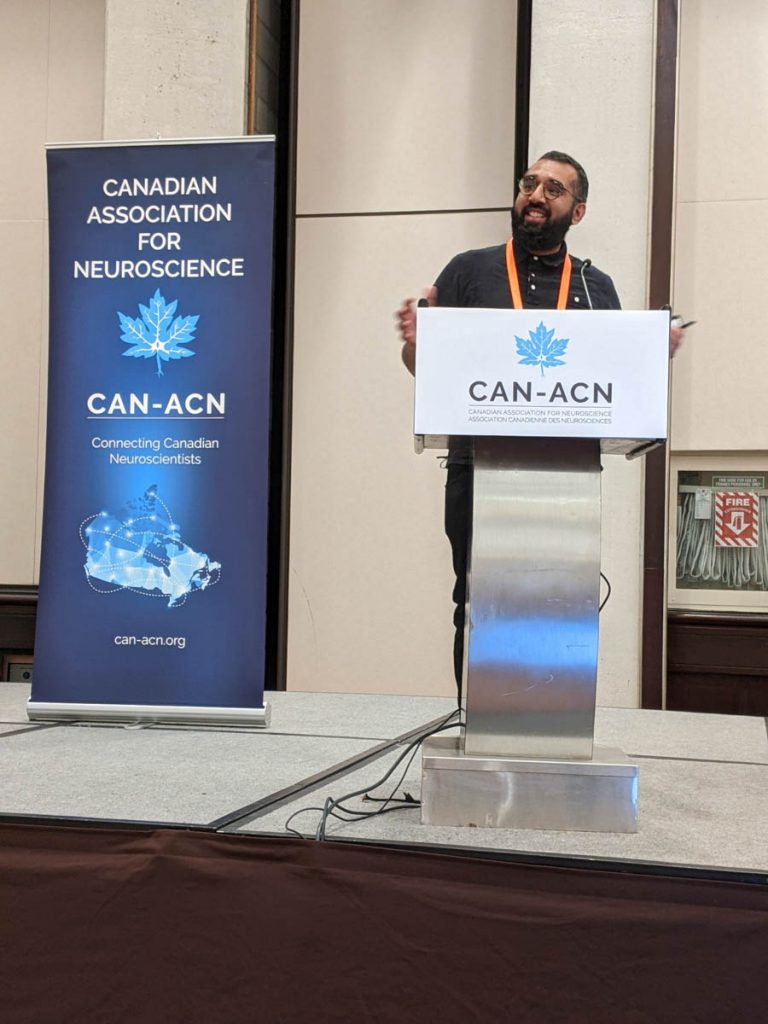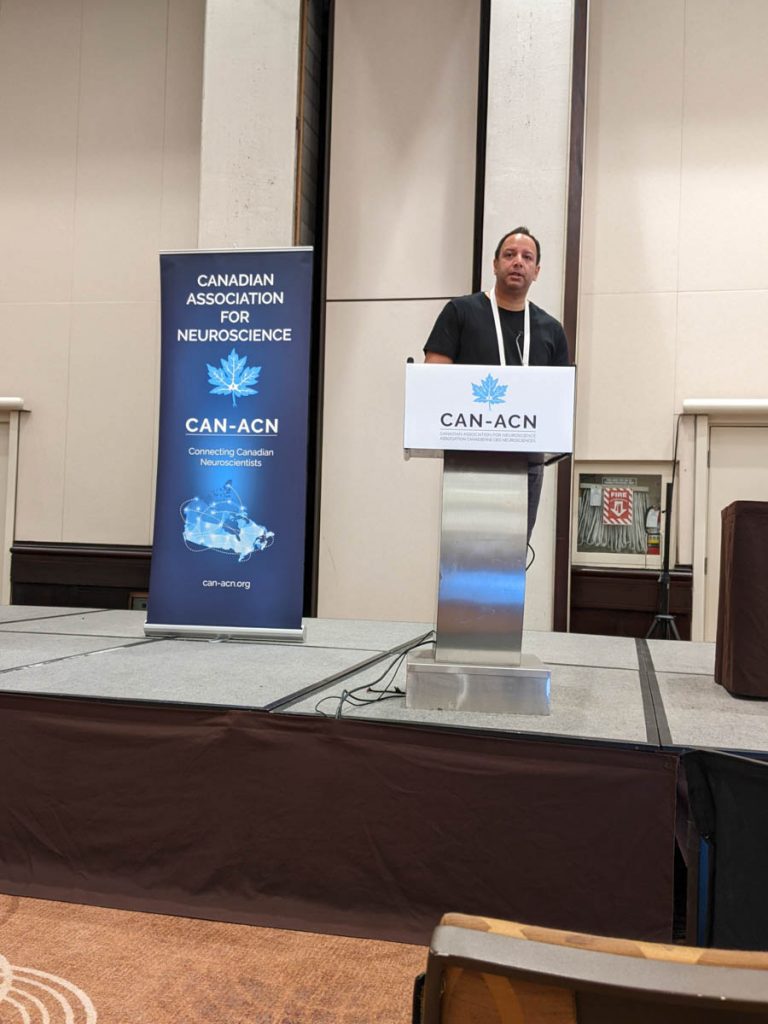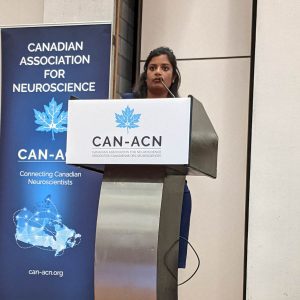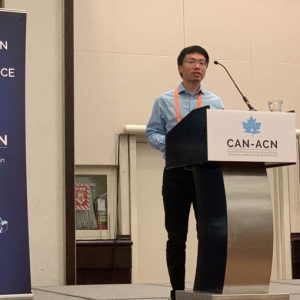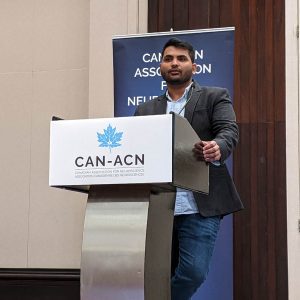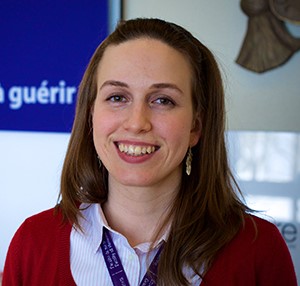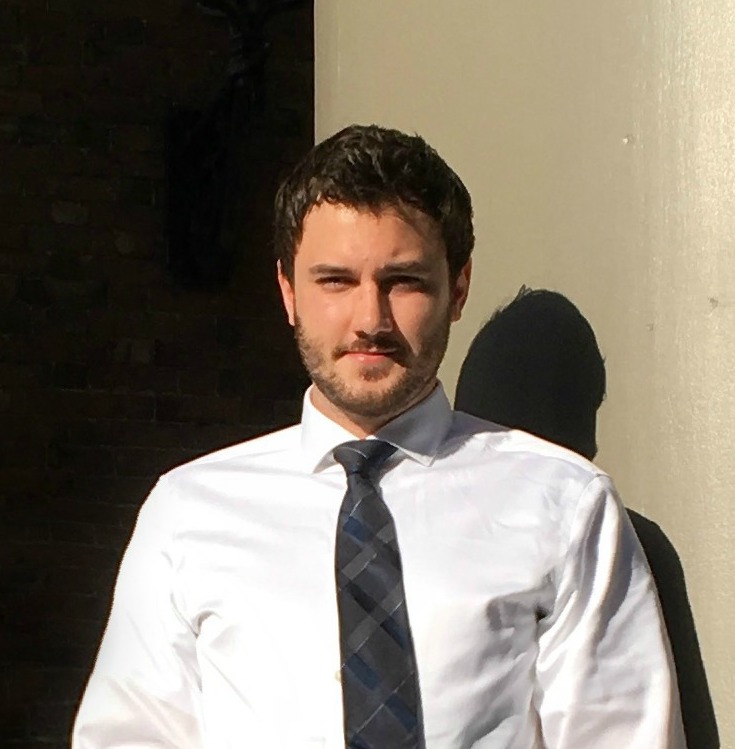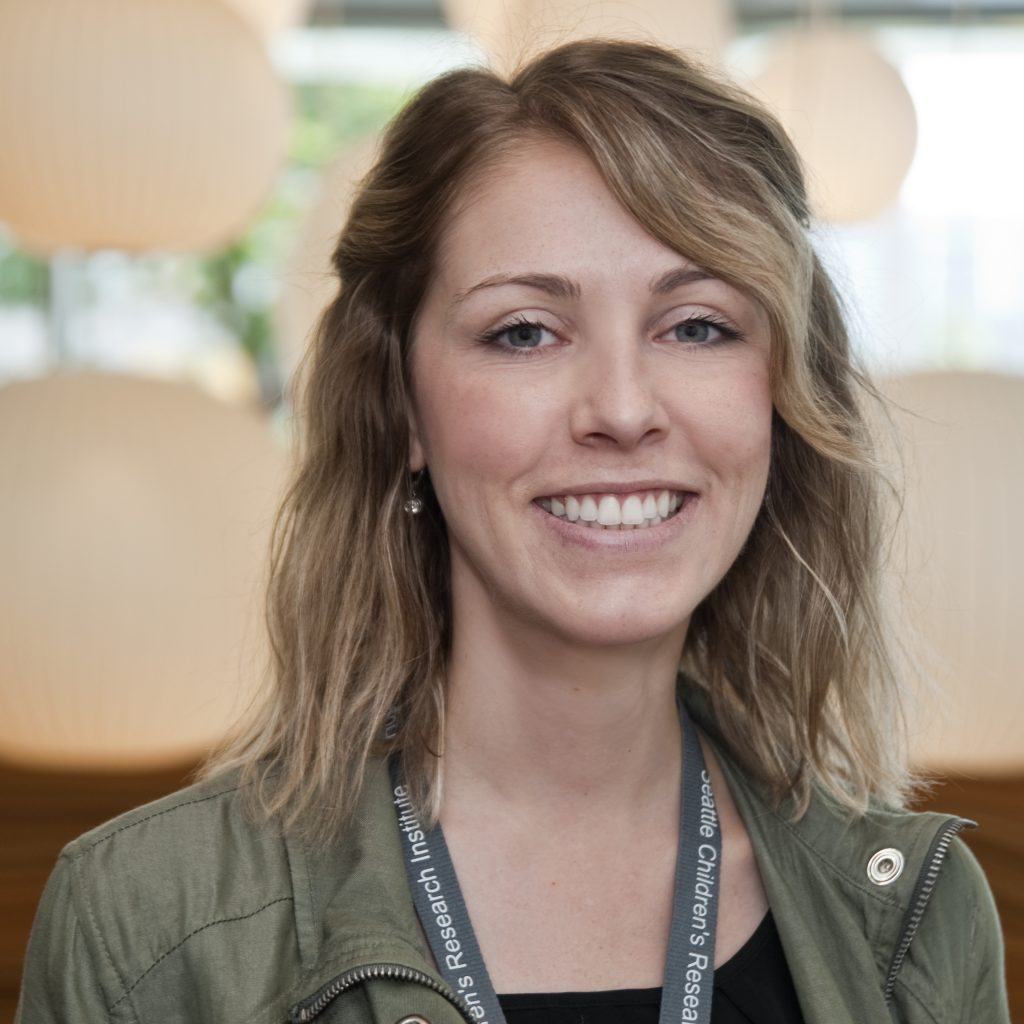Message from the CAN President, Keith Murai
Dear CAN members,
It is a great honour to start my term as President of the Canadian Association for Neuroscience. As a long time CAN member, past treasurer and after working as CAN Vice-President last year, I have seen the organization evolve to reflect the needs and concerns of Canadian neuroscientists. I look forward to working with all of you to continue to promote and support neuroscience research in Canada.
 First, I would like to thank outgoing President Shernaz Bamji for her commitment and hard work this last year. Her drive to put forward new initiatives to promote neuroscience research and training has been inspiring, and I plan to build upon her efforts to make further advances. The CAN leadership is a great group of committed individuals, and I am excited to work with them to promote neuroscience research in Canada, strengthen Science Advocacy, improve Equity, Diversity and Inclusion in neuroscience, and provide opportunities for our members to network and share their research.
First, I would like to thank outgoing President Shernaz Bamji for her commitment and hard work this last year. Her drive to put forward new initiatives to promote neuroscience research and training has been inspiring, and I plan to build upon her efforts to make further advances. The CAN leadership is a great group of committed individuals, and I am excited to work with them to promote neuroscience research in Canada, strengthen Science Advocacy, improve Equity, Diversity and Inclusion in neuroscience, and provide opportunities for our members to network and share their research.
I also want to highlight the tremendous success of the 2022 meeting, which was our first in-person meeting in two years. Drs. Alyson Fournier and Ian Winship, as Chair and Co-Chair of the Scientific Program Committee, with the help of all committee members, put together an excellent program and schedule of events, and we were very grateful to see our members in person once again in Toronto. In addition to the high-quality scientific content, the CAN meeting has always been about networking and coming together as a community. The return to an in-person meeting in 2022 really brought the focus on the strength and importance of the Canadian neuroscience research community. We look forward to the 2023 meeting in Montreal (May 28th-31st, 2023) that will be organized by Drs. Ian Winship and Stephanie Fulton, as Chair and Co-Chair of the Scientific Program Committee.
We are very happy to celebrate this year’s prize winners. For this year’s CAN New Investigator Award competition, we broadened the evaluation criteria to be considered by the nominations committee to include, in addition of excellence in research, a demonstration of leadership. We were proud to announce that Dr. Boris Bernhardt, from McGill University was this year’s winner. In addition to being recognized internationally for his research that seeks to better understand human brain organization, brain development, and neural mechanisms of human cognition across different spatial and temporal scales, Dr. Bernhardt is also known as a community leader in his field who has contributed tools and datasets to enhance accessibility, reproducibility, and transparency of multiscale neuroinformatics. I invite you to read more about Dr. Boris Bernhardt below.
CAN is also pleased to administer the Brain Star Awards, which recognize research excellence in Canada by students and trainees in all fields and disciplines covered by CIHR-INMHA. We want to thank the members of the Brain Star Award Review Committee for their hard work, as choosing only 15 winners is a difficult task. We invite you to view the profiles of the 2021 winners below.
CAN has made a big commitment to Science Advocacy over the last few years, and we are proud of the many advocacy initiatives undertaken by Advocacy Chair Karun Singh. We are very encouraged to see that our efforts, combined with those of like-minded organizations, are gaining traction and resulting in more discussion of science and research on Parliament Hill. We invite you to consult the CAN website to read about our most recent advocacy activities, and to get involved!
I wish you all a wonderful summer and let’s stay connected!
Keith Murai
President of the Canadian Association for Neuroscience
CAN Meeting Highlights
Thank you!
We first want to thank our members for participating in the meeting, and making this such a great success. We were very grateful to see so many of you, and finally reconnect in person!
Congratulations to the 2022 Scientific Program Committee on the organisation of our first in-person meeting in over 2 years!
We specifically want to thank
- Chair of the Scientific Program Committee: Alyson Fournier, McGill University
- Co-Chair of the Scientific Program Committee: Ian Winship | University of Alberta
- Chair of the local Organizing Committee: Carol Schuurmans | University of Toronto
Committee members
- Rosemary Bagot | McGill University
- Michael Gordon | University of British Columbia
- Michael Hendricks | McGill University
- Tammy Ivanco | University of Manitoba
- Matt Parsons | Memorial University
- Mark Cembrowski | University of British Columbia
- Shalina Ousman | University of Calgary
- Soheila Karimi | University of Manitoba
- Graziella Di Cristo | Université de Montréal
- Frédéric Charron | IRCM
- Julie Lefebvre | University of Toronto
- Justin Botterill | University of Toronto (Trainee committee member)
Canadian Association for Neuroscience (CAN) 2022 Public lecture: Focused ultrasound for the delivery of therapeutics to the brain
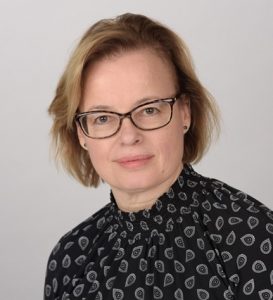
CAN congratulates Dr. Carol Schuurmans, Chair of the Local organizing committee for the CAN2022 meeting, on the organisation of the the CAN2022 public lectures, which featured talks by Dr. Kullervo Hynynen, Dr. Isabelle Aubert, Dr. Nir Lipsman, from Sunnybrook Health Sciences Centre. These leading researchers have advanced focused ultrasound technology, pioneering applications and leading ground-breaking clinical trials to provide new therapies for brain diseases, in some cases where none existed before. In this CAN Public Lecture, Sunnybrook’s world-leading experts shared the latest advances in focused ultrasound — from device development, to biological insights and clinical translation.
Learn more about the speakers on the event webpage, and on the Focused Ultrasound webpage at Sunnybrook.
The event was broadcast online to a sold-out audience, but is now available as a recording on the CAN YouTube Channel. View the recording here:
Equity, Diversity, Inclusion event – Viewing of Picture a Scientist and panel discussion
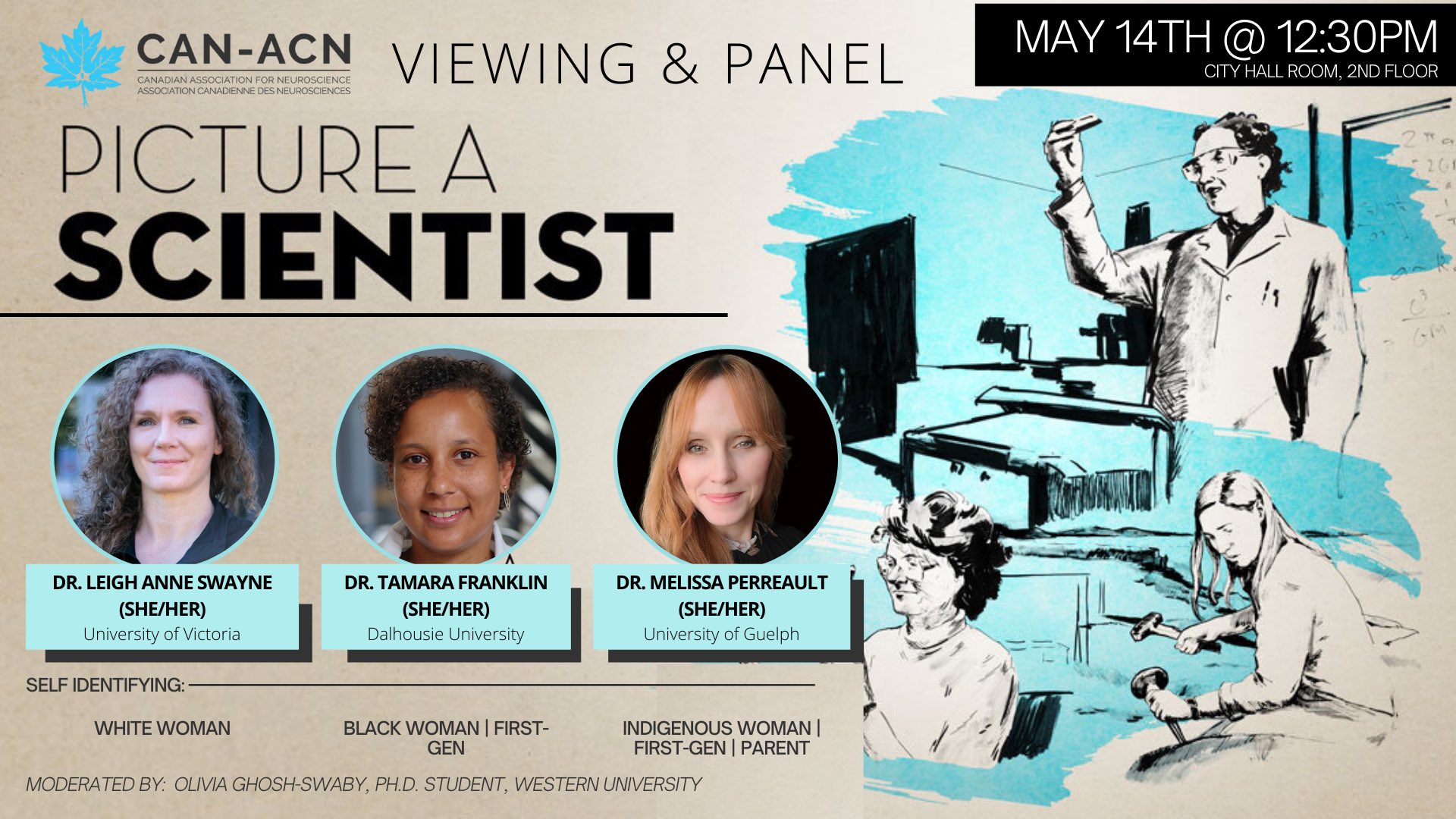
The CAN Equity, Diversity and Inclusion Committee, led by Jibran Khokhar, organized a viewing of the documentary “Picture a Scientist” at the CAN meeting, and a panel discussion on May 14th at lunchtime. The discussion was an opportunity to discuss some of the challenges associated with being a member of an underrepresented group in science. The panel discussion focused on perspective taking and discussing how to make Neuroscience more diverse, equitable, inclusive and just.
Following the Equity, Diversity and Inclusion panel discussion at the CAN 2022 meeting in Toronto, the committee has put together a short reading list of articles of interest.
EDI reading list
This paper by Anais Llorens et al. Neuron 2021 is a comprehensive piece that breaks down the literature and key issues (and provides evidence-based solutions) on gender bias in academic STEM:
- Gender bias in academia: A lifetime problem that needs solutions https://www.cell.com/neuron/fulltext/S0896-6273(21)00417-7
Also UCSC prof and cell biologist Needhi Bhalla has an extensive list of literature on EDI in STEM (mainly gender bias and racism) organized under subheadings https://www.bhallalab.com/equity-reading-list. The following papers are especially relevant to the discussions had at the CAN meeting:
- Assessment of potential bias in research grant peer review in Canada https://pubmed.ncbi.nlm.nih.gov/29685909/
- Are gender gaps due to evaluations of the applicant or the science? A natural experiment at a national funding agency https://pubmed.ncbi.nlm.nih.gov/30739688/
- Strategies to improve equity in faculty hiring (this was written by Needhi Bhalla; contains a lot of key references to the relevant literature and also provides evidence-based strategies and solutions) https://pubmed.ncbi.nlm.nih.gov/31609672/
Additional papers of interest:
- Best Practices in Equity, Diversity and Inclusion in Research
https://www.sshrc-crsh.gc.ca/funding-financement/nfrf-fnfr/edi-eng.aspx - Diversity Innovation Paradox
https://www.pnas.org/doi/10.1073/pnas.1915378117 - Addressing Racial and Phenotypic Bias in Human Neuroscience Methods
https://www.nature.com/articles/s41593-022-01046-0 - Racial and ethnic imbalance in neuroscience reference lists and intersections with gender
https://www.biorxiv.org/content/10.1101/2020.10.12.336230v1 - Towards an antiracist (neuro)science
https://www.nature.com/articles/s41562-021-01075-y
CAN Advocacy training
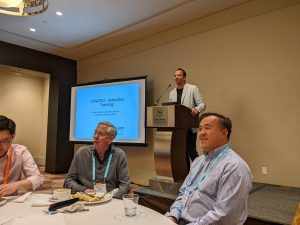 We are happy to make the slides for the CAN Advocacy training presented May 13 over lunch in Toronto available
We are happy to make the slides for the CAN Advocacy training presented May 13 over lunch in Toronto available
CAN Advocacy training presentation (PDF)
CAN Advocacy – Selected resources & contact list (May 2022)
Career networking event
A very engaging Career networking event, organized by Julie Lefebvre, assisted by Masha Prager-Khoutorsky, took place at the CAN meeting on May 15th at lunchtime. It was an opportunity to learn more from scientists who have followed various career trajectories and hold positions in: Start-up/Biotech, Not-for profit/Foundation, Venture Capital/Investment, Medical Science Liaison, Imaging Technology/Microscopy. There were also tables to discuss Applying for Postdocs, Preparing your academic job applications & Running a lab as new PI.
Annual General Meeting of Members
The AGM is an opportunity for all our members to learn more about CAN’s activities over the last year, and about our plans for the upcoming months.
Congratulations to all prize winners
2022 CAN New Investigator Award winner: Boris Bernhardt
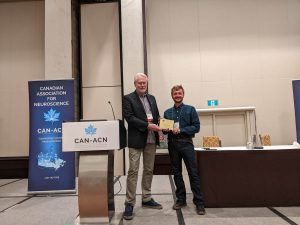
The Canadian Association for Neuroscience was extremely proud to present Dr. Boris Bernhardt, Assistant Professor in Neurology and Neurosurgery at McGill University, with the 2022 CAN New Investigator Award at the CAN 2022 meeting. Dr. Boris Bernhardt is a Tier-2 Canada Research Chair in Cognitive Neuroinformatics and leads the multimodal imaging and connectome analysis laboratory (http://mica-mni.github.io) at the McConnell Brain Imaging Centre (BIC) of the Montreal Neurological Institute-Hospital (The Neuro).
Dr. Boris Bernhardt is recognized internationally for his research that seeks to better understand human brain organization, brain development, and neural mechanisms of human cognition across different spatial and temporal scales.
Brain Star Award winners
The Canadian Association for Neuroscience (CAN) is very proud of its continued partnership with the Canadian Institutes of Health’s Institute of Neurosciences, Mental Health and Addiction (CIHR-INMHA) to present the winners of the 2021 Brain Star Awards.
The CIHR-INMHA Brain Star awards, administered by the Canadian Association for Neuroscience, are awarded to students and trainees who have published high impact discoveries in all fields and disciplines covered by CIHR’s Institute of Neurosciences, Mental Health and Addiction in the 2021 calendar year.
The top 3 Brain Star Award winners of the year were invited to make a presentation at the CAN meeting in May.
Dr. Archana Gengatharan, CERVO Brain Research Centre | Université Laval
Scientific publication:
Archana Gengatharan , Sarah Malvaut , Alina Marymonchyk , Majid Ghareghani , Marina Snapyan , Judith Fischer-Sternjak , Jovica Ninkovic , Magdalena Götz , Armen Saghatelyan. Adult neural stem cell activation in mice is regulated by the day/night cycle and intracellular calcium dynamics. Cell. Volume 184, issue 3. P709-722.E13
Dr. Xuming Yin | University of Ottawa
Scientific publication:
Yin X, Jones N, Yang J, Asraoui N, Mathieu ME, Cai L, Chen SX. Delayed motor learning in a 16p11.2 deletion mouse model of autism is rescued by locus coeruleus activation. Nature Neuroscience 2021 May;24(5):646-657. doi: 10.1038/s41593-021-00815-7. Epub 2021 Mar 22. PMID: 33753944.
Dr. Yash Patel | Institute of Medical Sciences, University of Toronto
Scientific publication:
Patel Y, et al. Virtual Histology of Cortical Thickness and Shared Neurobiology in 6 Psychiatric Disorders. JAMA Psychiatry. 2021 Jan 1;78(1):47-63. doi: 10.1001/jamapsychiatry.2020.2694. PMID: 32857118; PMCID: PMC7450410.
https://jamanetwork.com/journals/jamapsychiatry/fullarticle/2769908
We invite you to view the profiles of all 15 Brain Star Award winners here
Advocacy update
The CAN Advocacy committee has been very active and engaged in the last months. We would first like to thank our members who participated in our most recent CAN Hill Week, which was a virtual event again this year.
CAN Hill week – March 21-25, 2022
This year, we organized 25 meetings with Members of Parliament, Senators and Parliamentary staff, to showcase the important work Canadian neuroscientists do for this country, and to advocate for increased funding for tri-council (CIHR, NSERC and SSHRC). Our neuroadvocates met with members of all political parties to promote neuroscience research.

Details of the meetings and some of the impact of these meetings can be found in the CAN Advocacy training slides (mentioned above)
We wish to thank all our members for their participation in this important work.
CAN submission to the House of Commons Standing committee on Science and Research
Read CAN’s submission to the House of Commons Standing Committee on Science and Research, for the Study titled: SUCCESSES, CHALLENGES AND OPPORTUNITIES FOR SCIENCE IN CANADA
Published on the House of Commons website on March 14, 2022
First report of the new House of Commons Standing Committee on Science and Research tabled on June 6
The Standing Committee on Science and Research committee released its first report on the study on June 6, 2022, and specifically reference many of the points in our brief, including the following quotes:
The Canadian Association for Neuroscience believes that the pandemic caused “a tremendous setback to Canada’s research ecosystem … leading to a loss of highly qualified personnel and of research materials developed during long-term experiments.” The association also regretted lost funding opportunities. The rapid mobilization of human and financial resources to conduct COVID-19 research sometimes came at the expense of research on other health issues. The pandemic also interrupted the arrival of graduate students from other countries and the ability to collaborate internationally.
Greater Resources for Granting Councils
The Canadian Association for Neuroscience called for an initial 25% boost to the budgets of the three granting councils followed by a 10% yearly increase.
Read CAN’s official response to the report here, which includes the 13 recommendations of the committee: First report of the new House of Commons Standing Committee on Science and Research tabled on June 6
Read the complete report here: https://www.ourcommons.ca/content/Committee/441/SRSR/Reports/RP11841016/441_SRSR_Rpt01_PDF/441_SRSR_Rpt01-e.pdf
Recording available: Science Policy Session with Senator Stan Kutcher – April 25, 2022
Co-hosted by the Canadian Society for Molecular Biosciences and the Canadian Association for Neuroscience
On Monday, April 25, the Canadian Society for Molecular Biosciences and the Canadian Association for Neuroscience welcomed the Honourable Senator Stan Kutcher for a session on science policy and advice.
View the recording here
Key take-away messages from this session can be found on the event page:
https://can-acn.org/recording-available-science-policy-session-with-senator-stan-kutcher-april-25-2022/
CAN-ACN response to budget 2022 – “A Plan to Grow our Economy and Make Life More Affordable”
You can read CAN’s response to the 2022 Federal Budget, tabled in April 2022: CAN-ACN response to budget 2022 – “A Plan to Grow our Economy and Make Life More Affordable”
Opportunities & Resources
Lundbeck Foundation: Call for nominations for the 2023 Brain Prize now open
The call for nominations for the Brain Prize, awarded by the Lundbeck Foundation, is now open. The nomination deadline is September 1, 2022. The Brain Prize may be awarded to one or more scientists who have distinguished themselves through outstanding contributions to any field of neuroscience, from basic to clinical. The rewarded research must – from an international perspective – be outstanding.
Learn more about the Brain Prize and the nomination process on the Lundbeck Foundation website
Next CAN Social: November 15, 2022 in San Diego
We are looking forward to the return of the much appreciated CAN Social at SfN, scheduled for November 15, 2022. Mark your calendars! Location and event details will be announced in the Fall.
Also note the SfN Abstract submission deadline is coming up soon: June 15, details on the SfN website.
Next CAN Meeting: May 28-31, 2023 in Montreal
Save the dates for the next CAN meeting!
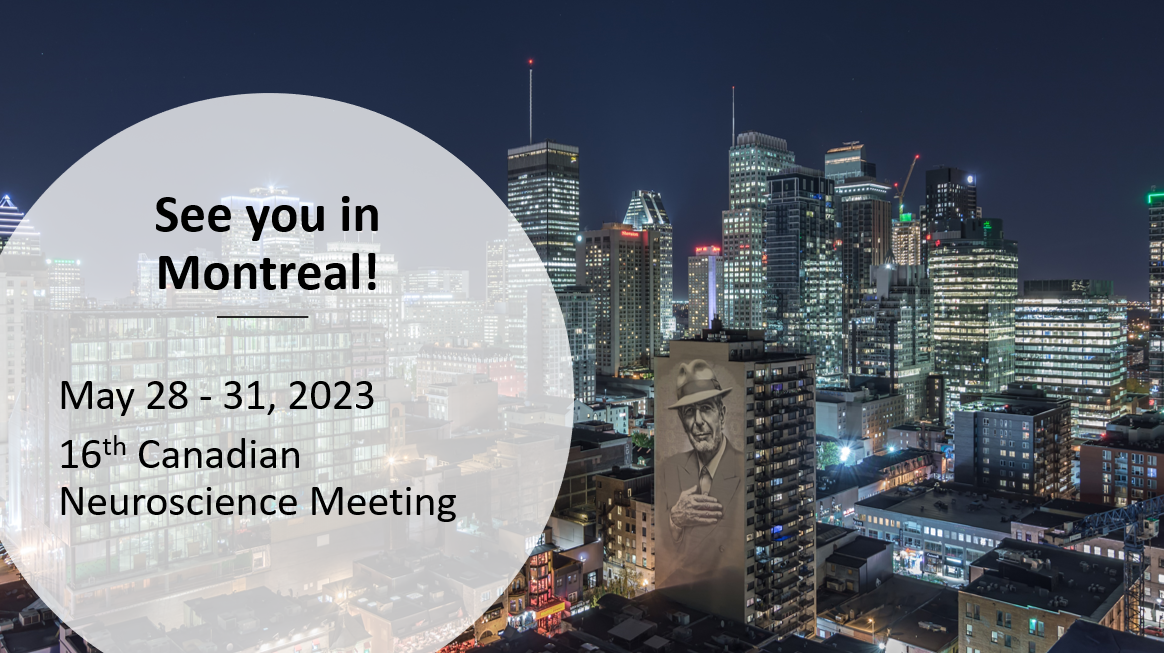
Neurojobs
Recently posted job and fellowship opportunities – from the #neurojobs webpage: https://can-acn.org/neuro-jobs/
- Postdoctoral or Research Associate position available — University of Toronto 2022/06/14
- Light Microscopy Imaging Specialist – University of Ottawa 2022/06/14
- Synaptic physiology/brain plasticity positions in Victoria B.C. – graduate students 2022/05/30
- Synaptic physiology/brain plasticity position in Victoria B.C. – Postdoctoral research 2022/05/30
- Master’s or PhD position in Neurosciences – Laval University, in Quebec City, Canada 2022/05/20
- Post-doc position on the neurobiology of epilepsy – Electrophysiology – E. Rossignol lab, Université de Montréal 2022/05/06
- Master’s Position Available – Investigating the Molecular Regulators of Brain Development – University of Manitoba 2022/05/05
Towards health equity in neuroscience
Dr. Judy Illes shared with us the following paper, which should be of great and special interest to all who are teaching neuroscience today:
CAN membership
Please consider renewing your membership today to become a member of our vibrant community, and to help support all our activities

